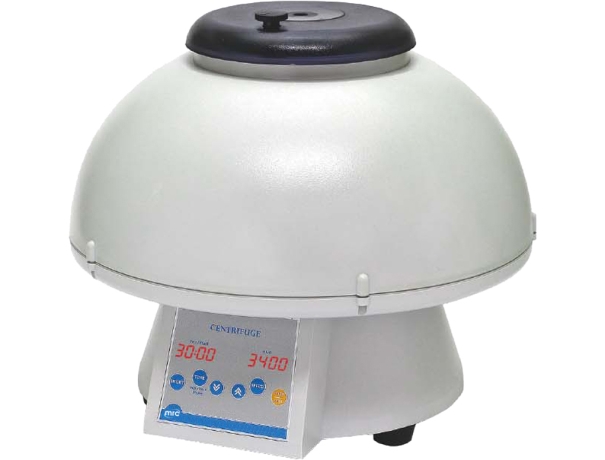MRC provides a range of devices and equipment for dental clinics such as autoclave, centrifuge and ultrasonic Cleaner. Various dental clinics regularly need special instruments for the operation of the clinic such as sterilization and disinfection of dental instruments. MRC company specializes in sterilization equipment suitable for dental clinics.
Maktim:
Dental Centrifuge:
Medical Grade Centrifuge machine for medical, dental and maxillofacial use.
LCEN-101
LCEN-400
LCEN-401
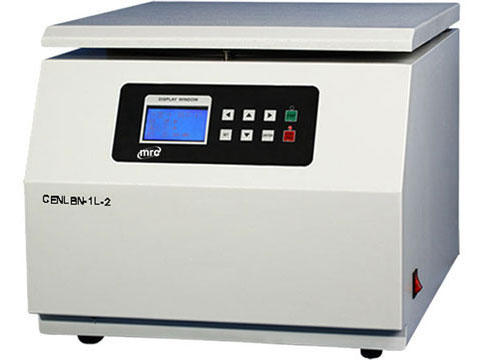
Dental Ultrasonic cleaner
AC-120H
AC-150H
DCG-120H
DCG-150H
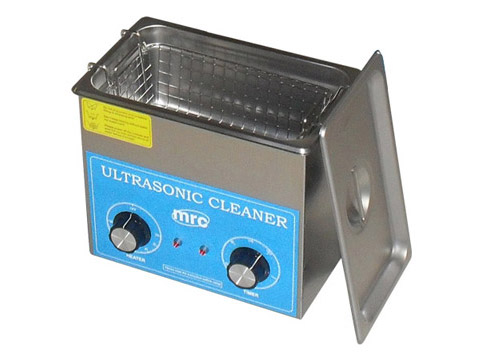
Distillery
DIST
Dental Autoclaves
STE TAN
STE TIN
STE-TiN-18L
STE-TIN-23
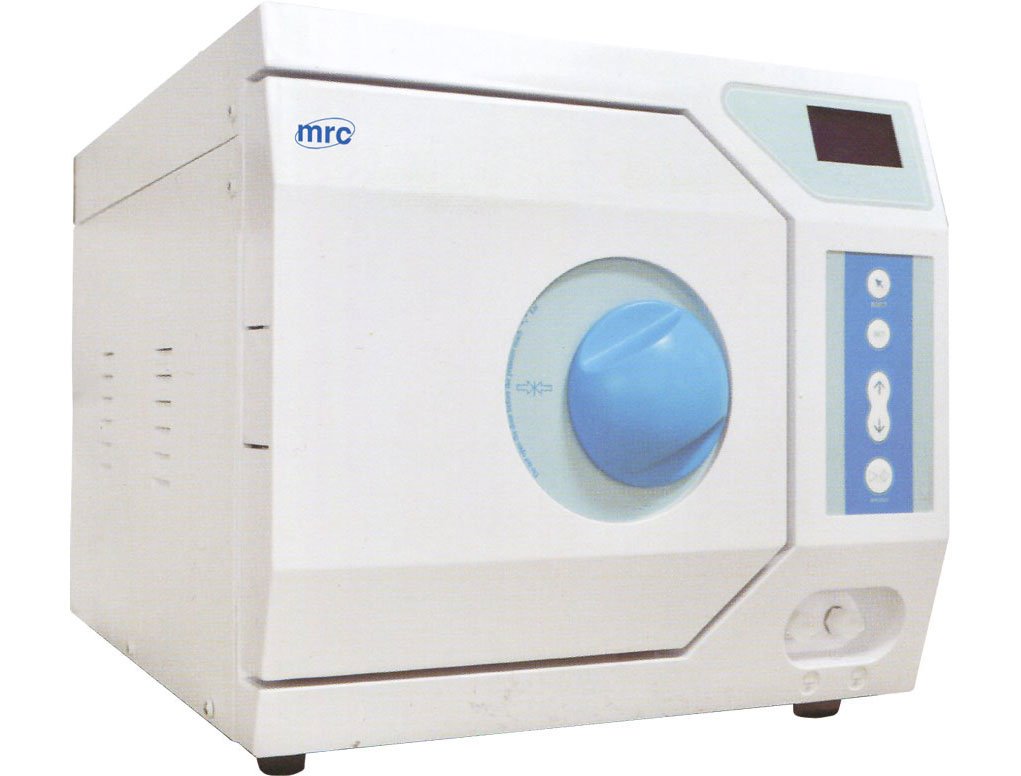
Why use a centrifuge in dental clinics?
-In surgeries of gingivitis, displacement of several teeth, sinus lift or bone grafting, the gums are separated from the bone and this requires a long recovery time.
-To shorten the recovery time of the surgical area, use the PRF Platelet-Rich Fibrin Centrifuge (a platelet-rich fibrin).
The goal is to produce by the centrifuge a substance that will help accelerate recovery.
-A centrifuge separates the blood taken from the patient into its various components as the fibrin accumulates in the form of a gel at the top of the test tube.
Why use an ultrasonic cleaner in dental clinics?
Using ultrasonic cleaner removes anything that sticks to the cavities of the dental vessels such as: blood residue, soft and hard tissues and bacteria, dust, infections. Cleaning and sterilizing dental utensils are mandatory in order to maintain patient-to-patient sterility. The bubbles formed in the bath come in contact with the inside of the utensils and remove the dirt and impurities that are on the part.
DUST-SUCTION DENTAL DRAWER
Prevents the health leap to the dental technician as a result of toxic metals flying in the air.
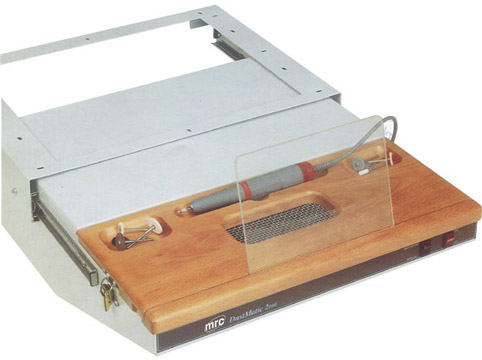
Centrifuge for dental clinics
A centrifuge for dental clinics is a laboratory device that is used to separate and purify various components of dental samples, such as blood and saliva. It works by spinning the samples at high speeds, which causes the heavier components to settle at the bottom of the container, while the lighter components remain at the top. This allows for easy separation and purification of the desired components. Some centrifuges for dental clinics are designed specifically for use in dental practices and have features such as small size, low noise operation, and easy cleaning.
Why is Centrifuge used by dentists?
Centrifuges are used by dentists for several reasons. One of the main uses is to separate and purify blood samples taken from patients during dental procedures. Blood samples can be used to test for various conditions, such as infections or bleeding disorders, and the centrifuge allows the dentist to quickly and easily separate the red blood cells from the plasma, so that the sample can be analyzed.
Another use for centrifuges in dental clinics is for saliva separation. Saliva samples can be used to detect bacteria, viruses or other pathogens that can cause oral infections or even systemic diseases, and the centrifuge is used to separate the liquid and solid components of the sample.
Additionally, centrifuges are also used in dental labs to separate and purify materials used in dental restorations, such as dental impressions, which can be used to create models or molds of teeth and jaws, and dental wax, which is used to create temporary restorations.
In summary, centrifuges are used by dentists as a quick, efficient and reliable way to separate and purify various components of dental samples, allowing for accurate analysis and diagnosis.
Application of Centrifuge for dental clinics
There are several applications of centrifuges in dental clinics, including:
Blood Sample Analysis: Dentists may use centrifuges to separate and purify blood samples taken from patients during dental procedures. This allows for easy analysis of the sample for various conditions, such as infections or bleeding disorders.
Saliva Analysis: Dentists may use centrifuges to separate and purify saliva samples in order to detect bacteria, viruses or other pathogens that can cause oral infections or even systemic diseases.
Dental Impression Separation: In dental labs, centrifuges are used to separate and purify dental impressions, which can be used to create models or molds of teeth and jaws.
Dental Wax Separation: Centrifuges are also used to separate and purify dental wax, which is used to create temporary restorations.
Root Canal Preparation: Centrifuges can also be used to prepare samples of material obtained during root canal treatment, which can be used to identify bacteria and other microorganisms that may have caused the infection.
Endodontic irrigation: Centrifuges can also be used in endodontic irrigation to separate debris from the solution.
Bone Grafting: In implantology and bone grafting procedures, centrifuges can be used to separate bone chips from the harvesting solution, which can then be used as bone graft material.
Autoclave for Dental Clinics
An autoclave is a device that uses steam under pressure to sterilize equipment and instruments in a dental clinic. It is a crucial piece of equipment in any dental practice, as it helps to ensure that all instruments are free of bacteria and other harmful microorganisms before they are used on patients. Autoclaves use high temperatures and pressure to kill any microorganisms that may be present on the instruments, making them safe for use. They are commonly used in dental clinics to sterilize a wide variety of instruments, including dental handpieces, scalers, and curettes.
Why is Autoclave used by dentists?
Autoclaves are used by dentists to sterilize instruments and equipment because they are an effective and reliable method of killing microorganisms, including bacteria, viruses and spores. This is important in dental clinics to prevent the spread of infection between patients, and also to prevent cross-contamination between different instruments and surfaces.
Dental instruments and equipment can come into contact with saliva, blood and other bodily fluids, which can contain harmful microorganisms. If these microorganisms are not properly removed, they can cause serious infections in patients. Autoclaves use high temperatures, pressure and steam to kill microorganisms, ensuring that instruments and equipment are safe for use.
Which tools need Autoclave?
In a dental clinic, many different types of instruments and equipment need to be sterilized using an autoclave, including:
Dental handpieces: These are the high-speed drills and other powered instruments that dentists use to remove decay and prepare teeth for fillings.
Scalers and curettes: These are hand-held instruments used to remove plaque and tartar from teeth.
Forceps and pliers: These are used to grasp and manipulate instruments and materials during dental procedures.
Impression trays and other dental impression materials: These are used to take an impression of a patient's teeth and gums.
Surgical instruments: Such as scissors, scalpels, and hemostats, used in dental surgery.
Amalgam carriers, dental matrix bands and other restorative materials.
Dental instruments that come in contact with mucous membranes or blood, such as dental mirrors, probe, excavation instruments, mouth gags, and others.
PRP/PRF Centrifuges for Dental Clinics
Platelet-Rich Plasma and Platelet-Rich Fibrin are derived from the patient's own blood, harnessing the power of platelets to stimulate tissue regeneration. These autologous treatments have gained popularity for their efficacy and safety.
The Role of Centrifuges in Dentistry
Centrifuges are the unsung heroes behind the scenes, responsible for separating platelets from blood components. In dentistry, the precise separation achieved by centrifuges ensures the concentration of growth factors necessary for accelerating healing and tissue regeneration.
Benefits of PRP/PRF in Dental Procedures
From accelerating post-surgery recovery to enhancing bone grafting success, the applications of PRP/PRF in dentistry are manifold. We explore the diverse benefits these treatments offer in various dental procedures, underscoring their versatility.
Choosing the Right Centrifuge for Your Clinic
Not all centrifuges are created equal. This section guides dental practitioners in selecting the ideal centrifuge for their clinic, considering factors like speed, capacity, and ease of use. A well-chosen centrifuge is a cornerstone for successful PRP/PRF integration.
